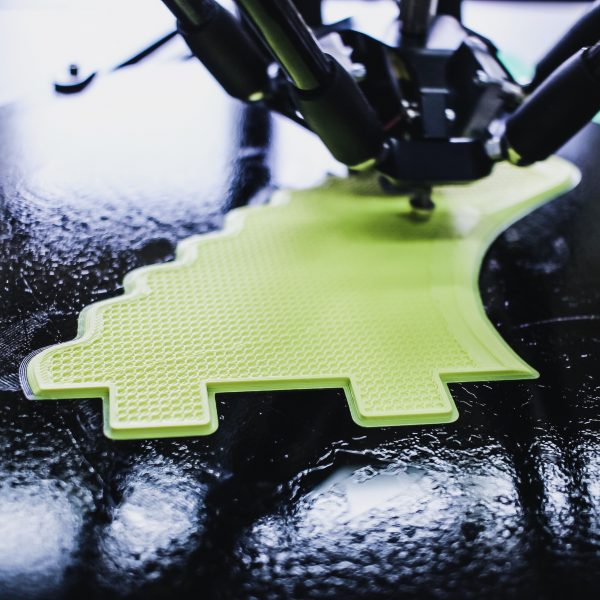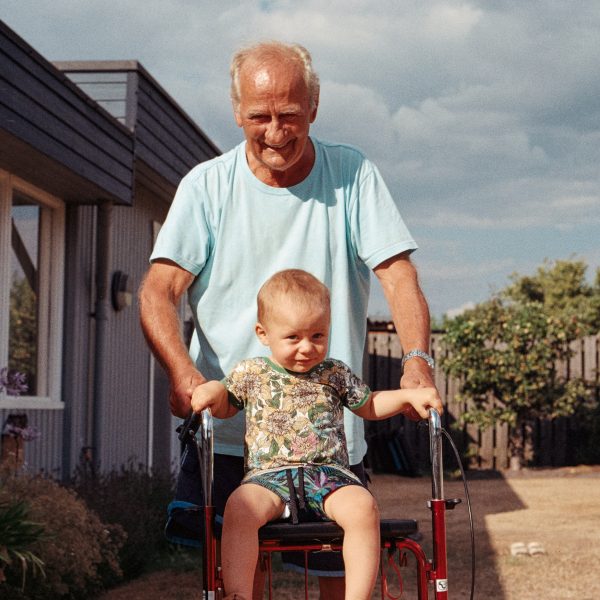Explain and explore: Simple prompts support children to learn in new ways

Researchers from the University of Texas in the United States have found that asking children questions and engaging in hands on activities alongside them supports children to learn in new ways, compared with individual exploration of materials and activities.
Previous research has shown that children use both exploration and explanation when learning, often using exploration to generate new theories and understandings about things they encounter, and using those explanations to spark further exploration.
The new study, published in Child Development, examines the interplay between exploration and explanation, and how simple cues from adults involved in the process influences the children’s learning behaviour and abilities, particularly in relation to scientific reasoning.
“Despite the widespread recognition that children learn through collaboration, most research on children’s causal reasoning is conducted on individual children in laboratory settings,” senior author of the study Cristine Legare said.
To combat this, Ms Legare and other researchers looked at the way children learnt in a “real world” environment, observing children in a local children’s museum. One aim of the research, she said, was to provide parents and educators with suggestions on how to best engage children in playful, open ended learning.
Researchers examined how children’s understanding of causal mechanisms, as demonstrated in an exhibit on gears, was influenced by minimal interventions from their parents. During a three-minute interaction in the exhibit, parents of 65 children – aged four to six years of age were directed to give their children one of three directions – “explain,” “explore” or play as they normally would (baseline condition).
Researchers found both child and parent behaviours were uniquely influenced by each cue. For example, parents in the explanation group asked questions for 18 seconds longer than parents in the baseline condition, resulting in their children talking about and spinning the gears 5.7 and 16.7 seconds longer, respectively.
Parents in the exploration group behaved similarly to those in the baseline condition, but their children spent 26.8 seconds longer connecting gears. Overall, children encouraged to explore built larger, more complex gear machines than either of the other groups, particularly those in the explain condition who spent more time, on average, spinning gears than connecting them.
“Parents in the explain group engaged in more behaviours that support learning, such as asking questions, and fewer behaviours that hinder learning, such as fixing problems for children, than parents who gave no directions at all,” Ms Legare said. “Similarly, parents who encouraged their children to explore helped their children engage more with the activity and build more complex machines.”
After interacting with the exhibit, children participated in tasks to gauge their understanding about gears and how they worked. While none of the groups had a significant impact on how the children performed in the tasks, there were some differences in behaviour, researchers found.
For example, the children who spent more time spinning gears, answering parents questions, or troubleshooting on their own did better on the tasks than the children whose parents solved the problems for them when they interacted with the exhibit.
“Being involved in children’s activity is most helpful when children are still in control, and allowed to solve their own problems,” Ms Legare said.
She suggested that educators and parents should encourage children to explain and explore, which may have a positive impact on children’s learning, and encourage longer, more sustained interactions.
The research is available to review here.
Popular

Workforce
Policy
Quality
Practice
Provider
Research
ECEC must change now, our children can’t wait for another inquiry
2025-07-02 07:47:14
by Fiona Alston

Practice
Provider
Quality
Workforce
Leading with Curiosity: How distributed leadership is redefining the future of early childhood education
2025-07-03 07:42:07
by Contributed Content

Events News
Workforce
Marketplace
Practice
Quality
Provider
Research
An exclusive “Fireside Chat” with ECEC Champion Myra Geddes
2025-07-01 11:25:05
by Fiona Alston











